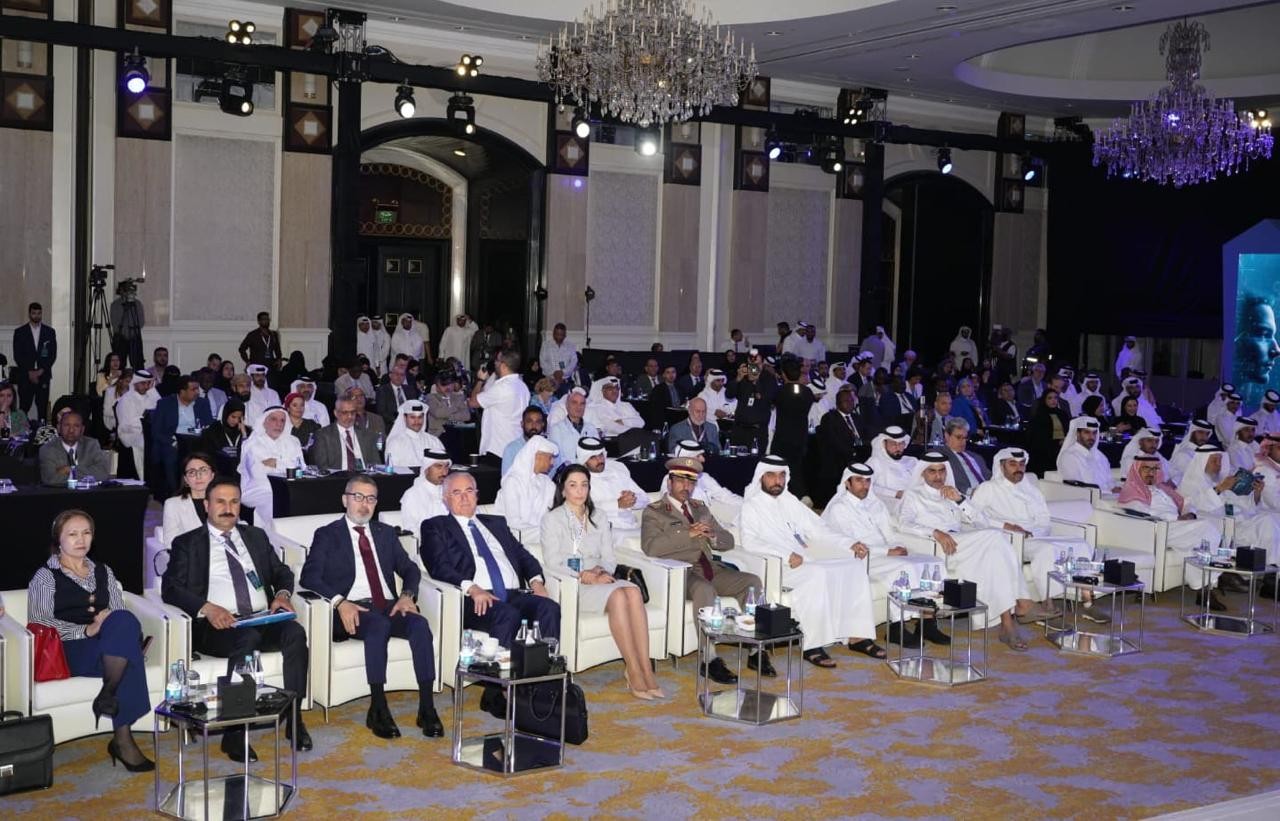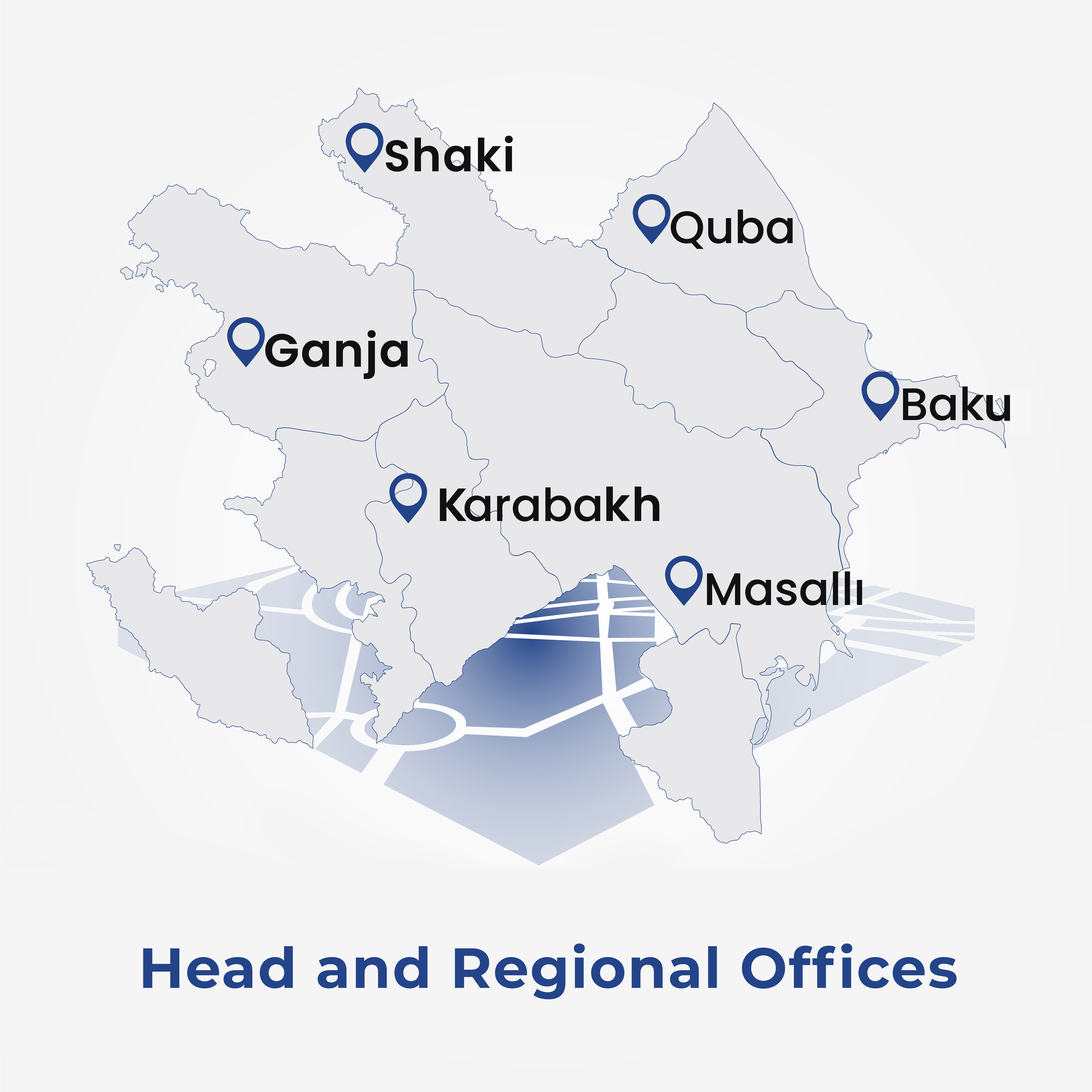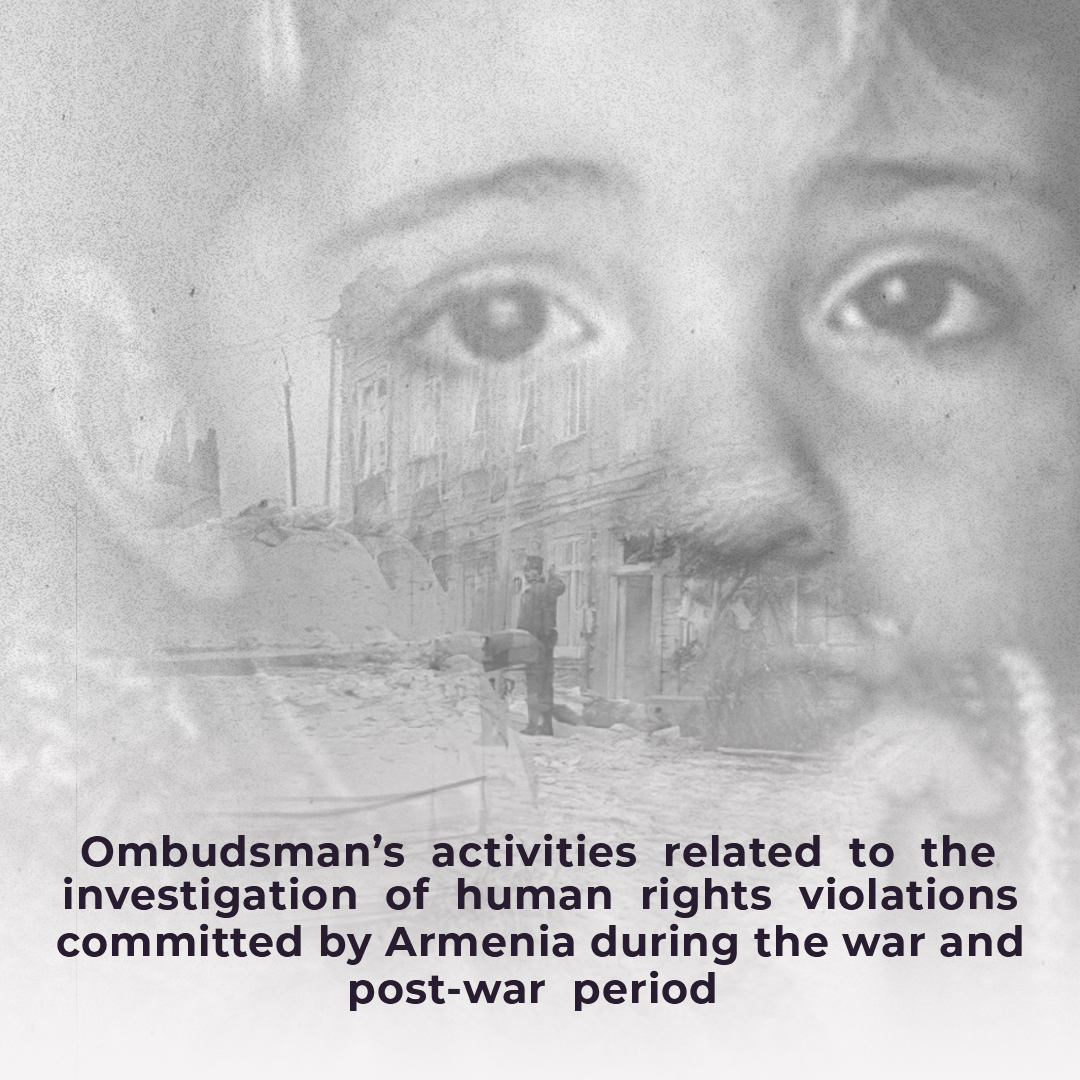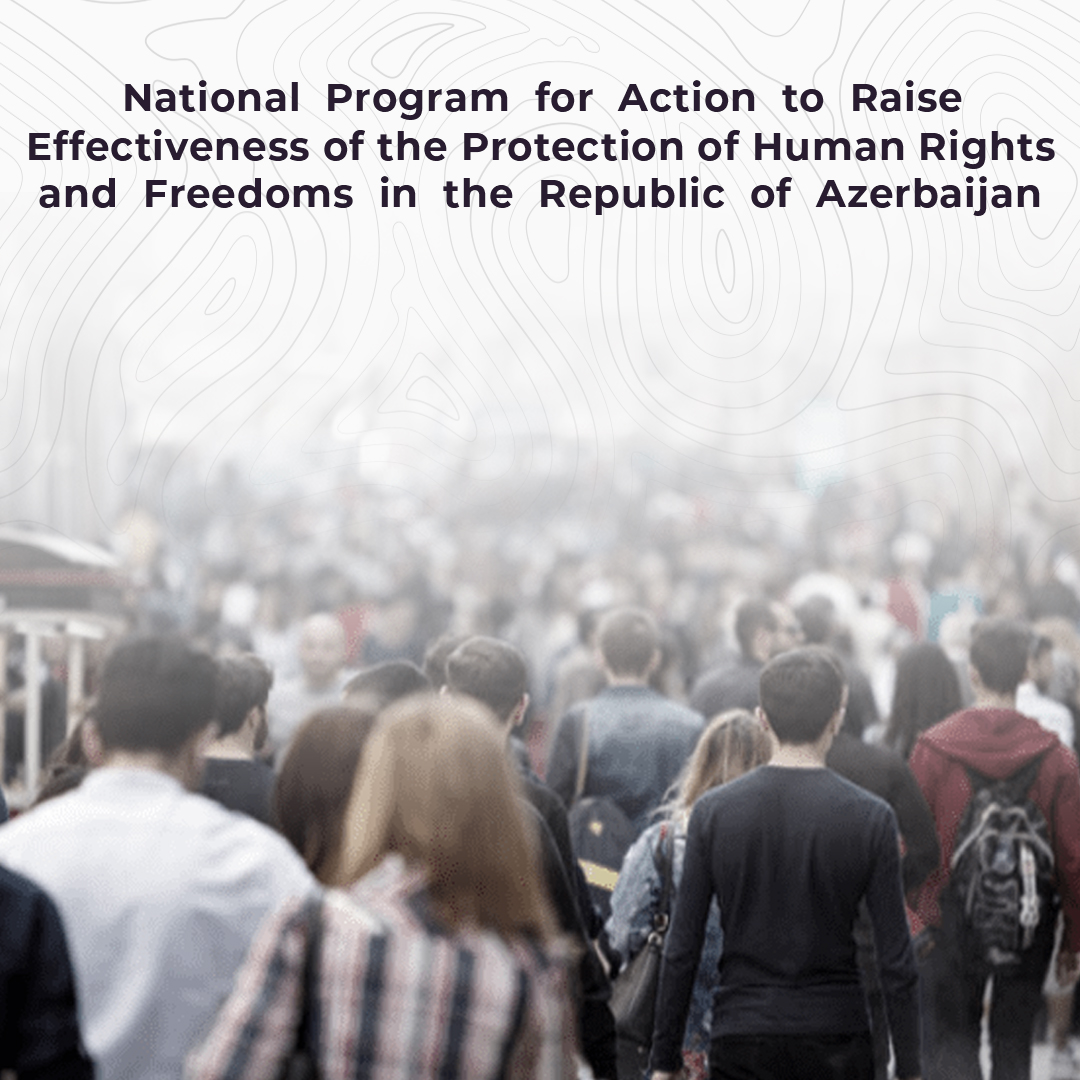
- Home page
- Commissioner
-
Activity Directions
- Mental Health and Human Rights
- Protection of the Rights of Population Groups
- Protection of the Right to Information
- Independent Monitoring Mechanism
- Legal Education
-
International Cooperation
- Cooperation with international organizations
- Cooperation with non-governmental organizations
- Study visits
- Projects
- Statements addressed to the international organizations
- “Ad hoc” reports
- Parallel and alternative reports submitted to the UN Treaty Bodies
- Oral and written statements submitted to the UN Human Rights Council
- Memorandums of cooperation
- Baku Declarations of Ombudspersons
- International Baku Forum
- Scientific Analytical Work
- Cooperation with Public and Civil Society Organizations
- Business and Human Rights
- National Preventive Mechanism Against Torture
- Protection of Human Rights
- Documents
- Media
- Live
- Contact
- Home page
- Commissioner
-
Activity Directions
- Mental Health and Human Rights
- Protection of the Rights of Population Groups
- Protection of the Right to Information
- Independent Monitoring Mechanism
- Legal Education
-
International Cooperation
- Cooperation with international organizations
- Cooperation with non-governmental organizations
- Study visits
- Projects
- Statements addressed to the international organizations
- “Ad hoc” reports
- Parallel and alternative reports submitted to the UN Treaty Bodies
- Oral and written statements submitted to the UN Human Rights Council
- Memorandums of cooperation
- Baku Declarations of Ombudspersons
- International Baku Forum
- Scientific Analytical Work
- Cooperation with Public and Civil Society Organizations
- Business and Human Rights
- National Preventive Mechanism Against Torture
- Protection of Human Rights
- Documents
- Media
- Live
- Contact
Call center
916
The Ombudsman participated in the International Conference on “Artificial Intelligence and Human Rights: Opportunities, Risks and Visions for a Better Future” in Qatar

Sabina Aliyeva, the Ombudsperson of Azerbaijan, participated in the international conference on "Artificial Intelligence (AI) and Human Rights: Opportunities, Risks, and Visions for a Better Future" held in Qatar.
The event had brought together heads and representatives of various international organizations, ombudspersons and national human rights institutions, AI experts, and legal scholars from world-leading universities. The Azerbaijan Ombudsperson informed the participants of the measures taken in Azerbaijan in developing digital governance and AI applications, drawing attention to the fact that in 2025, the country’s President approved a National AI Strategy for 2025-2028 by his corresponding Decree.
The Ombudsperson underlined that the possibilities of AI in its operations are being explored, pointing out that it could be very helpful in the initial handling of complaints, making basic decisions, analyzing and determining systematic problems in the process of investigation of complaints, and boosting call center productivity.
The Commissioner emphasized the significance of creating international regulatory frameworks, considering the effects of AI on human rights, and outlining the responsibilities of national human rights organizations in that document, particularly their roles in monitoring, education, and legislation improvement. She pointed out that protecting human rights and liberties and reducing the adverse effects of technological advancement on human rights should be prerequisites for the adoption of the AI concept. She also said that the legal framework and technological advancements in this field should be complementary.
In addition, Sabina Aliyeva met with Maryam bint Abdullah al-Attiyah, chairwoman of the State of Qatar's National Human Rights Committee; Dragan Milkov, EOI President; Moshira Khattab, President of the National Council for Human Rights of the Arab Republic of Egypt; representatives of the NHRI of Bulgaria; and heads of some state institutions in Qatar. During these meetings, the parties discussed the issues on the agenda, existing challenges in defending freedoms and human rights generally, and the perspectives of collaboration.
- National preventive mechanism against torture
- Protection of the rights of population groups
- Protection of the rights of refugees, IDPs and migrants
- Protection of the rights of detainees and prisoners
- Protection of the rights of military servants
- Protection of women's rights and provision of gender equality
- Protection of child rights
- General
- Legal awareness
- Protection of the rights of older people
- Protection of the rights of persons with disabilities
- Cooperation with public and civil society
- National preventive mechanism against torture
- International cooperation
- Non-Governmental Organizations
- Public hearings
- Mass media
- Business and Human Rights
- Protection of the rights of martyrs' families and war veterans
- Protection of the rights of migrants
- Prevention of discrimination and ensuring equality
- Right to information
- Mental health
- .
-

- The Ombudsman participated in the International Conference on “Artificial Intelligence and Human Rights: Opportunities, Risks and Visions for a Better Future” in Qatar.
-

- The Ombudsman sent letter to UN High Commissioner for Refugees regarding protection of rights of persons deported from Armenia.
-

- A representative of the Ombudsman Office took part in an event organized by the Ministry of Energy.
-

- The Ombudsman’s representatives participated in the Pardon Decree Enforcement Ceremony.
-

- A series of legal awareness events were organized by the Ombudsman's Regional Centers.
-





